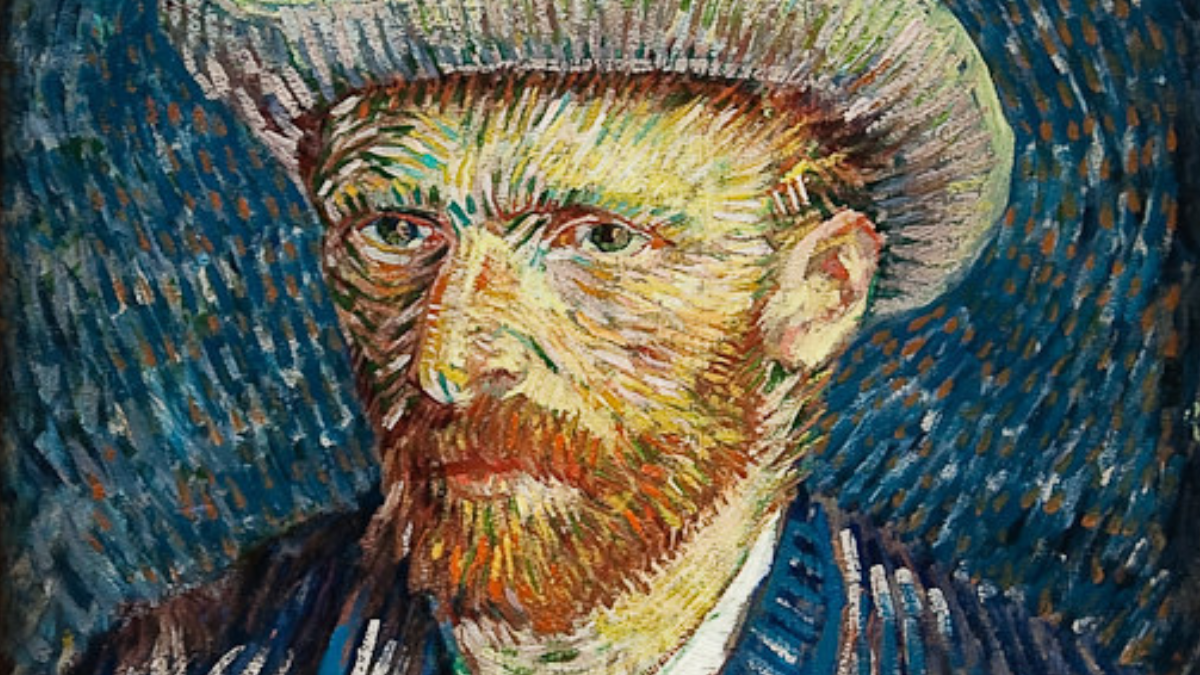I’ve long thought that any attempt to leave a legacy is utterly pointless
The first reason is based in the endless nature of time itself. If we represented the history of Earth as a single day, life would have appeared at 4am, land plants at 10:24pm, dinosaur extinction at 11:41pm, and human history would have begun at 11:58pm. We’ve only just arrived, but for anyone who wants to create a legacy, the sad fact is that only a very small number of people from ancient times and the Dark Ages are known to us. That leaves about 1000 years’ worth of occasionally significant humans.
Even then, the proportion of people who have managed to leave some of themselves behind after their demise is minuscule: out of 117 billion who ever lived, I’d guess no more than a few million were accurately recalled beyond their immediate friends and family. 100 years after their deaths I’d guess that number is closer to a couple of hundred thousand. That means your odds of leaving much of a legacy are similar to those of getting struck by lightning, so why bother?
It might depend on what we mean by ‘legacy’. The most inclusive definition could take into account anything from your kids to the the £100 you left to the local cats home, but most people consider a legacy to be more significant than that. If we define it as an action attributed to you beyond your death, then very few people leave one that lasts. You could in fact have done many extraordinary things, only to find that you have basically been forgotten. Look up the achievements of Juana Inés de la Cruz, Wangari Maathai or Bayard Rustin. Pretty impressive, eh? But had you heard of them before reading this paragraph? I once went to a party where someone brought up the Beaker culture. Despite having a pretty good education, including an A-Level in History, I had literally never heard of them, but they spread across Europe, including Britain, for about 1000 years and have a Wikipedia entry as long as your arm.
The other difficulty is the arbitrary nature of human significance
Before he became one of the greatest authors in history, Charles Dickens was often dismissed as sentimental, simplistic and exploitative. Similar positive reappraisals happened to Monet, Mahler and Van Gogh. If they had not been reconsidered, would we even know they existed?
Tony Blair, the man who I most often hear spouting on about his legacy, went from groovy New Labour dude who was mates with Oasis to embarrassing warmonger who was mates with George W. Bush. As a former British Prime Minister he’s guaranteed a significant legacy, but perhaps not the one he was hoping for. Will J.K. Rowling be remembered as the Harry Potter author, or the enemy of trans people? Will Phil Collins be known for his endless stream of hits, or as a sad peddler of cheesy rubbish? Cristiano Ronaldo: incredible footballer or sulky sell-out to the Saudis? They don’t get to choose; we do. Or rather the people of the unknown future will get that job, and who knows what their standards will be?
Creating and shaping your legacy is an impossible game against impossible odds
Hardly any of us will do anything worth remembering. Of the ones who are remembered, hardly any will be known after 100 years. Of the ones that are known that long, hardly any will be thought of in the way they intended. So let’s free ourselves of the feeling that our legacy is always peering over our shoulders, making us feel like we must accomplish important things before we pass away.
Instead, we can simply look for the moments, both large and small, that make our current time on the planet worthwhile. Contribute to others, create, experience, learn, grow… if you do that, you might leave something glorious behind, but even if you don’t, you won’t have wasted your time fretting about what people will think of you when you’ve become nothing more than worm food.
Featured image: Vincent Van Gogh / Flickr

